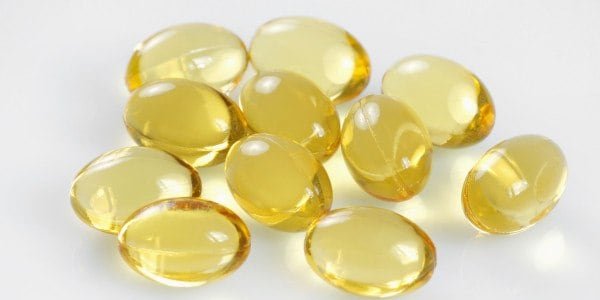Do Antioxidants Cause Premature Aging?

Food supplements containing antioxidants can cause accelerated aging of organs.
A new scientific study proves that oxygen containing free radicals – the molecules that antioxidants target – can actually extend the life of cells.
Antioxidants are a type of molecules that can neutralize free radicals, which are unstable and highly reactive molecules.
Proponents of antioxidants claim that lowering free radical levels can slow the aging process.
Because of these widely accepted properties, antioxidants have become a huge business. Global sales of antioxidant nutritional supplements are estimated at several tens of billions of dollars per year.
But a new study on nematode worms shows that the formation of free radicals /technically “reactive oxygen” / is the reason the worms live longer.
This research contradicts the theory that free radicals are responsible for aging.
Researchers claim that free radicals can activate signaling pathways in cells and cause changes in gene expression. In this way, they change the sensitivity of cells to stress and help them survive longer.< /p>
Or as the popular thought of the German philosopher Friedrich Nietzsche goes: “What doesn’t kill us makes us stronger.”
However, scientists note several differences between vertebrates and worms. Nematodes have a fixed number of cells, and researchers hypothesize that this is why the worms try to restore them rather than eliminate them.
However, it is still unclear whether free radicals help extend human life span or whether antioxidants will make us age faster.
If you eat a varied diet and exercise enough, you will most likely never need to take any nutritional supplements.
Where does it all come from?
The study was conducted by scientists at McGill University in Montreal and was funded by the Canadian Institutes of Health Research and McGill University.
The study was also published in the peer-reviewed journal Cell.
But its results are exaggerated, as it was also reported in the Daily Mail. The study examined worms /C. elegans/ and not humans.
Scientists note that mitochondrial reactive oxygen molecules – neutralized by antioxidants – participate in the processes of apoptosis /programmed cell death/ in vertebrates, which include humans.
However, scientists claim that this process does not negatively affect the body, but on the contrary, it is an element of a defense mechanism that eliminates defective cells.



